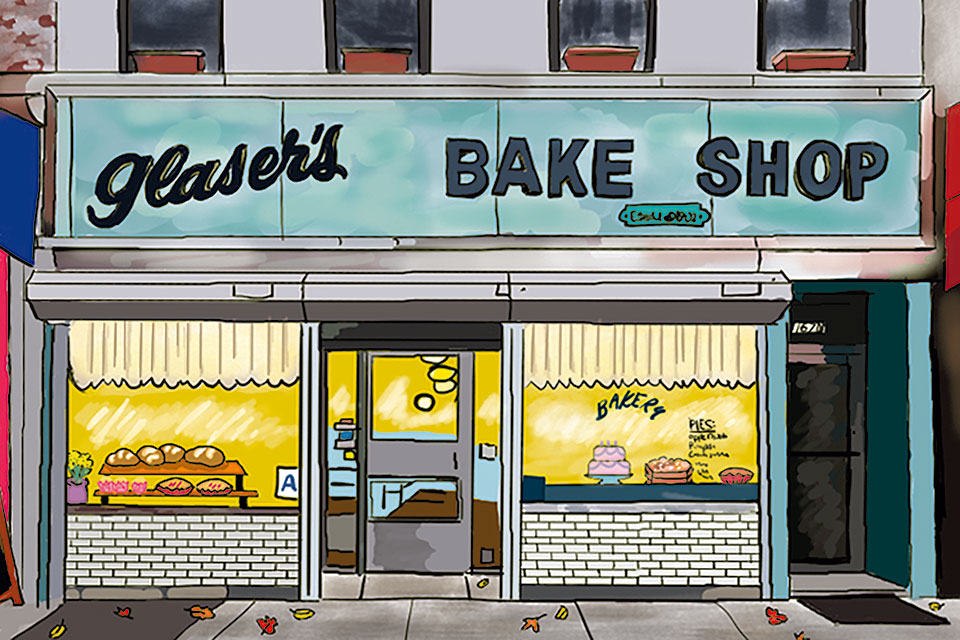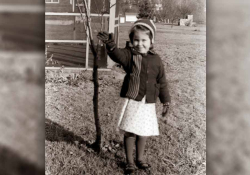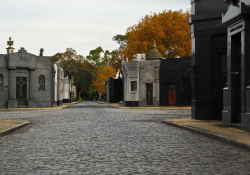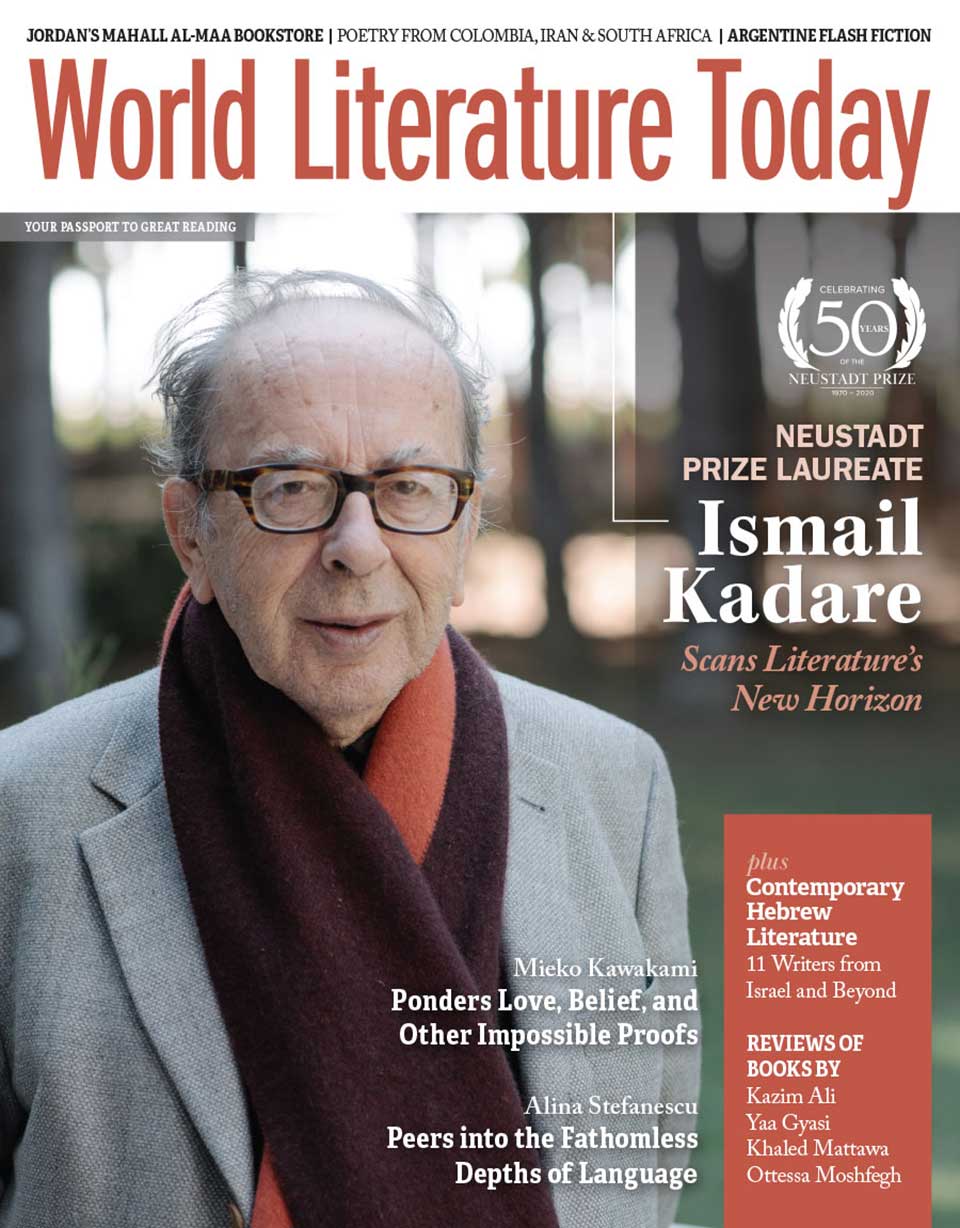87th and Abomination

“Bakery Scent is a complex that cannot be dismantled or piecemealed,” yet the author still searches for that perfect madeleine, especially the one that can no longer be recaptured.
The best bakery I’ve ever known was an old German one. Glaser’s, on First and 87th. It sat in the heart of Yorkville, the Manhattan neighborhood settled early in the twentieth century by émigrés from the former Prussian empire.
Glaser’s was my favorite for three reasons. First, the things there tasted good in my mouth.
Second, it was unpretentious. Perhaps this matter-of-factness, this forthrightness, was a Lutheran cultural inevitability. The lights pointed down, not up. They sold things for cost plus a reasonable margin rather than Veblenizing everything in sight. The website had as many interactive features as the tile floor inside. (To be clear, the tile floor, like other tile floors, had no interactive features.)
Third, it was heaven. And this I mean literally.
Visits to bakeries come with a catch. You want what smells so great. But, of course, you can’t have what smells so great, because what smells so great, uncoincidentally, is everything in combination. Bakery Scent is a complex that cannot be dismantled or piecemealed. No single pastry, no isolated treat, can deliver what the omnibus fragrance promises. Result: however delightful the cake or cruller consumed, we must always leave a bakery quietly dismayed that we can’t have what we truly want. This poignant tease, this ineluctable shortfall, is on purpose: so that we mortals, flawed and grasping, should never experience heaven on earth. As the conceivable Lutheran teaching presumably goes-I say “conceivable” and “presumably” because I do not know of such a teaching; I was born Greek Orthodox, and enjoy cake more than ecumenical history, and so am wildly speculating here-we may know the sacred; we may not possess it.
This poignant tease, this ineluctable shortfall, is on purpose: so that we mortals, flawed and grasping, should never experience heaven on earth.
Glaser’s was different in this respect. Exceptional. The women behind the counter knew exactly how good everything was, and they wanted everybody to know it, and so, as you took steps to procure for yourself and the family a bag of black-and-white cookies, they made sure you also tasted sample after sample of the nut-free brownie and the nut-full brownie, the almond cookie and the chocolate coconut cookie, the raspberry crumb bar and the blueberry graham loaf and the gingerbread sheet cake. They wanted you to taste and see that the Lord was good. In short, you experienced at Glaser’s what Lutherans surely possibly believe the natural law forbids: you tasted exactly everything that smelled so great.
Glaser’s closed recently, for good. The baker got tired of waking up at three. There was no next generation to take over.
They made a cinnamon danish from a hundred-year-old recipe. It will take me an equal number of years to recover. May God, whether deuterocanonical or otherwise, help me.
Pleasantville, New York











